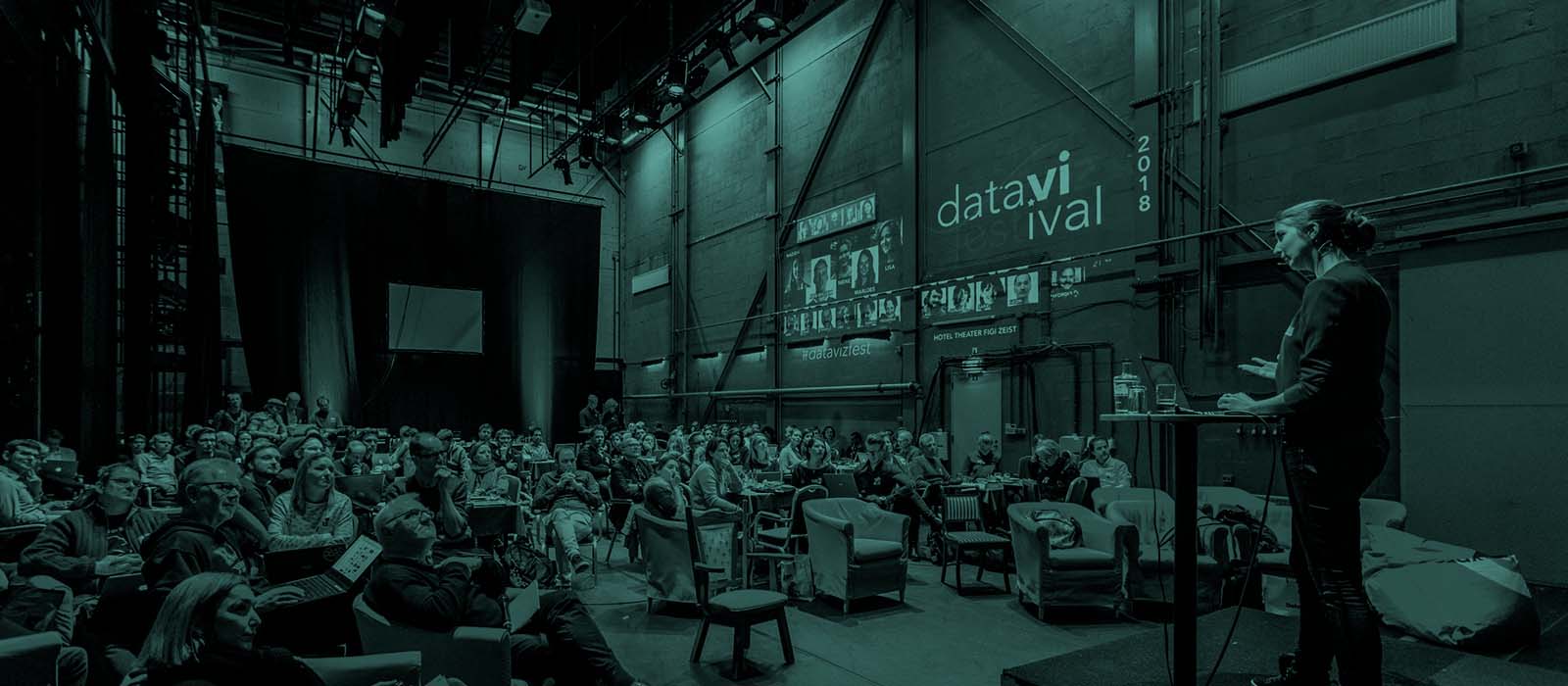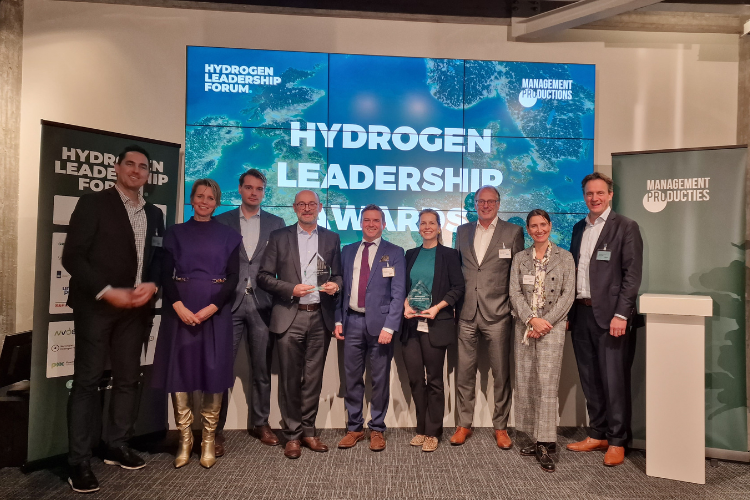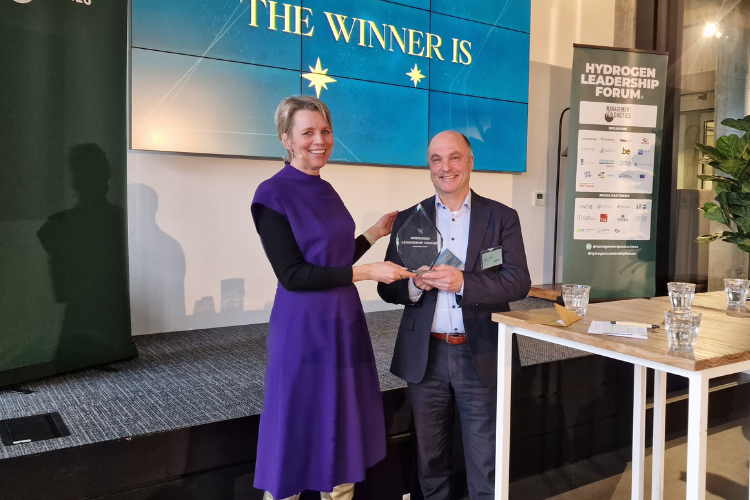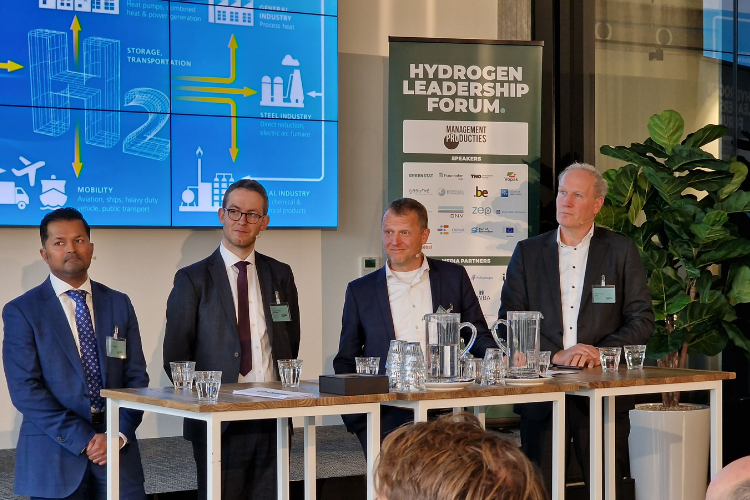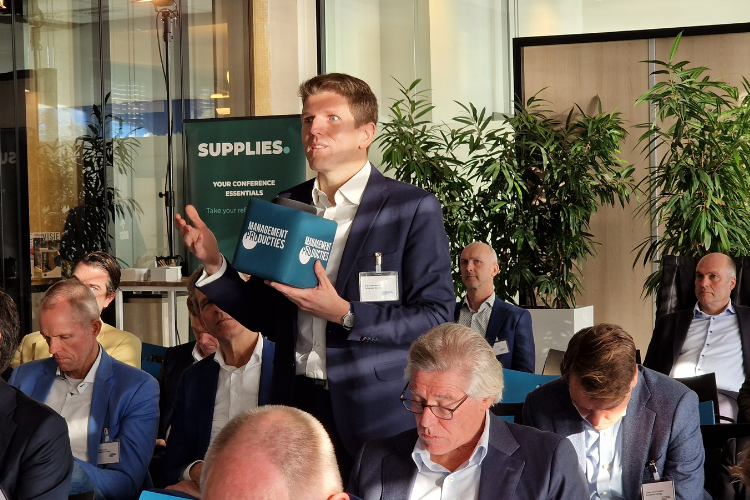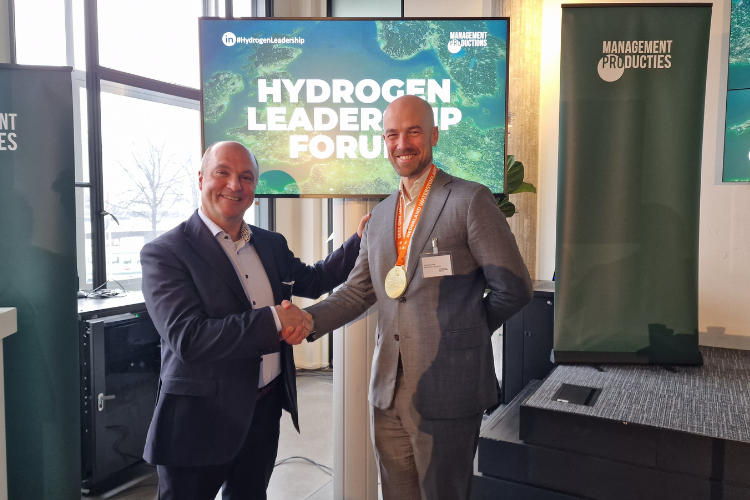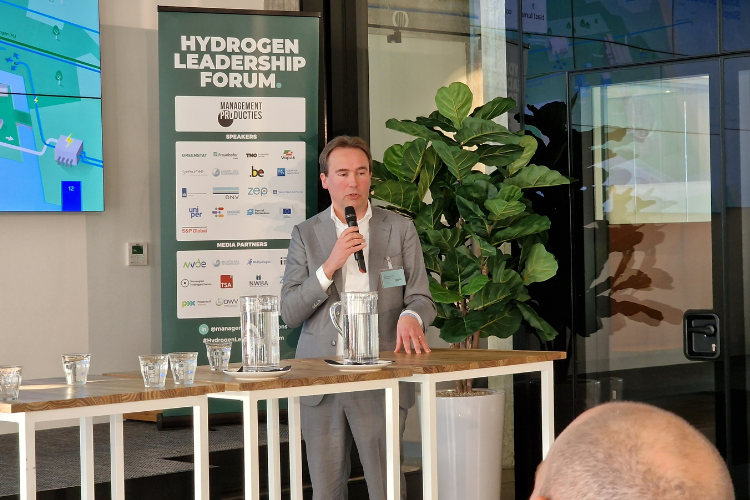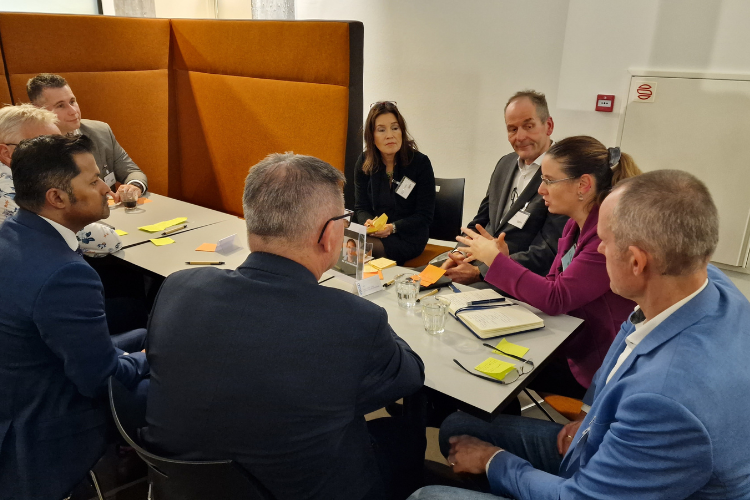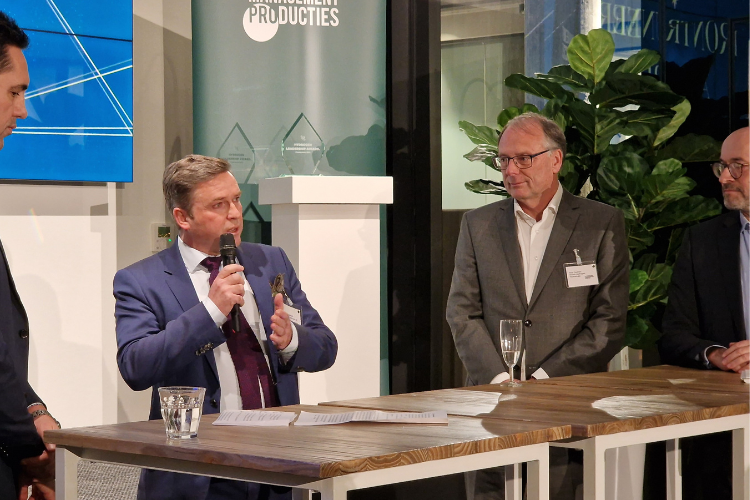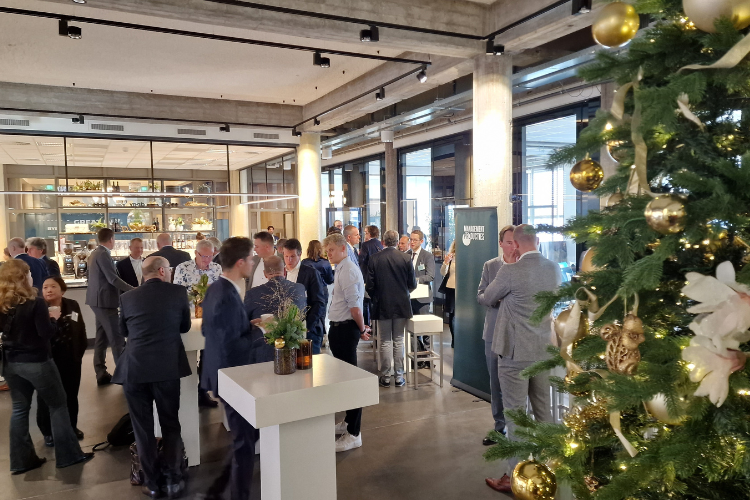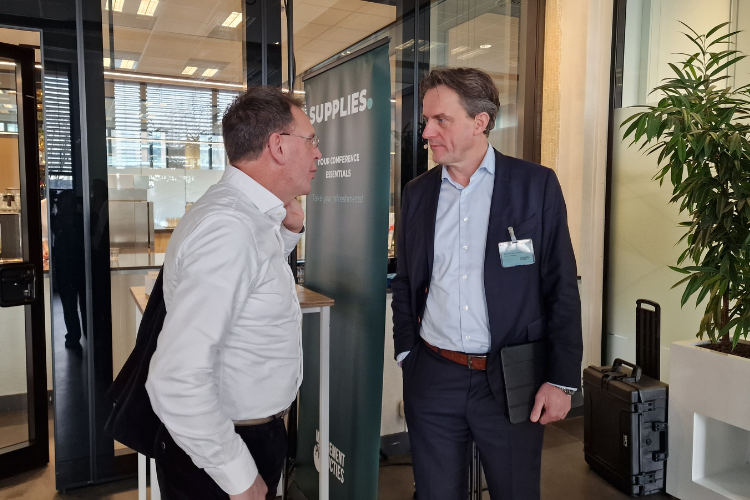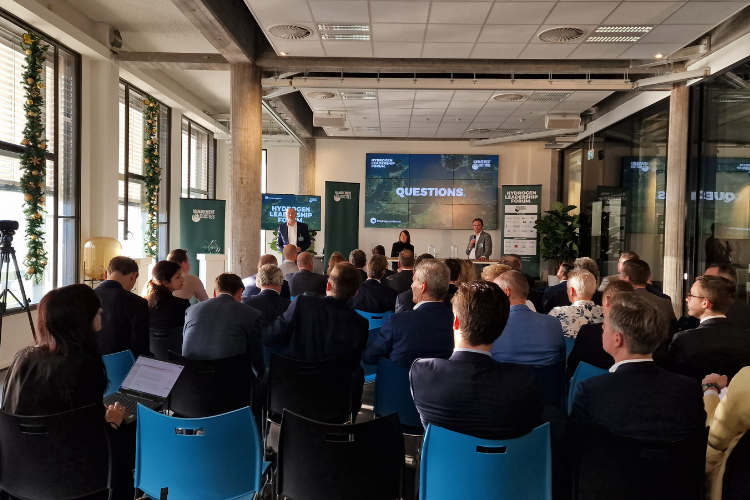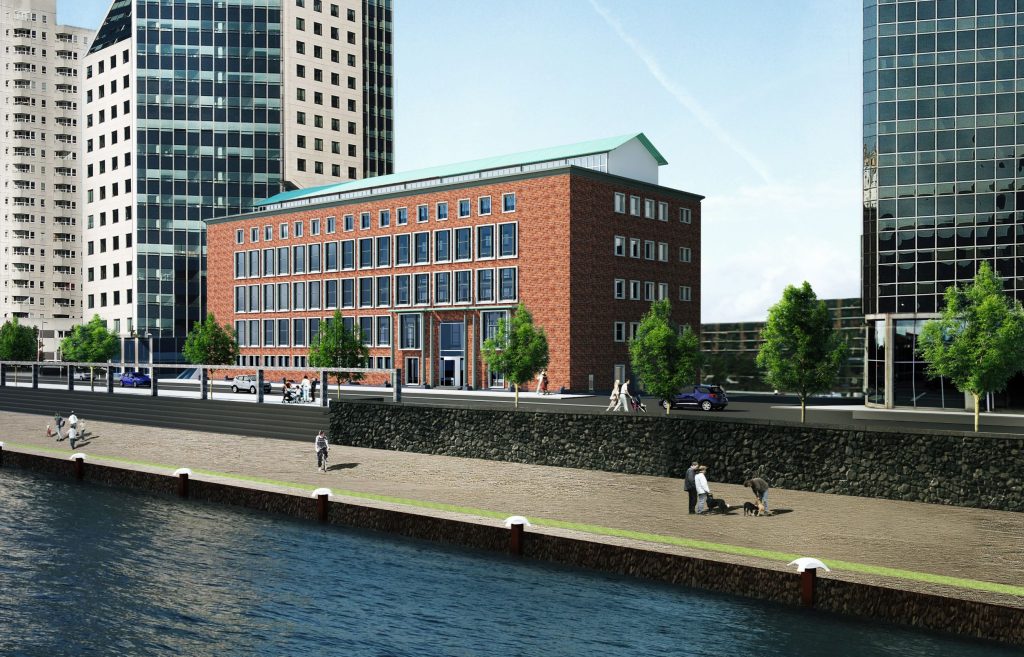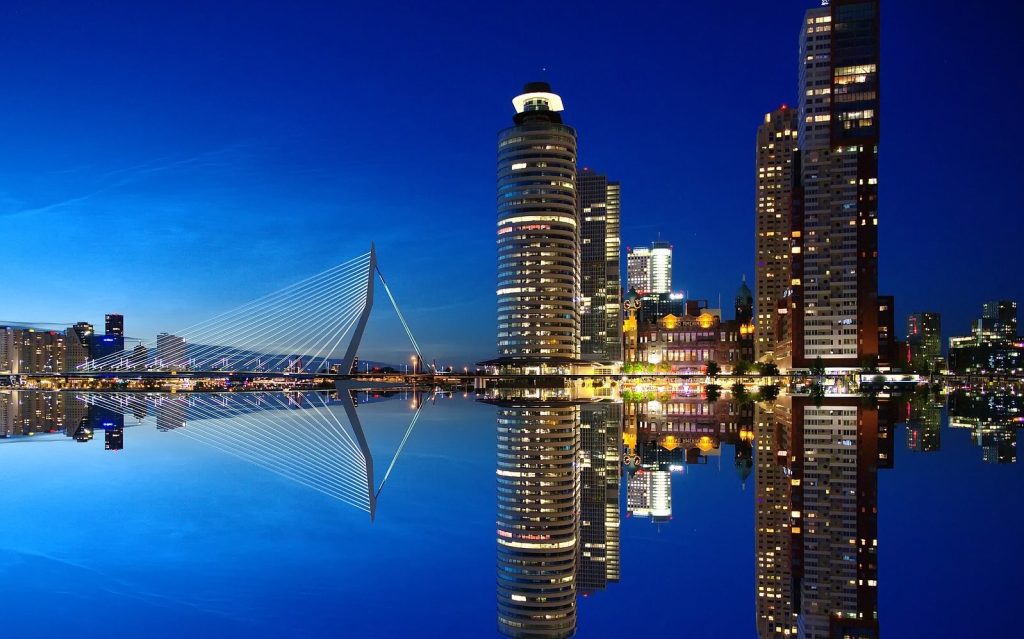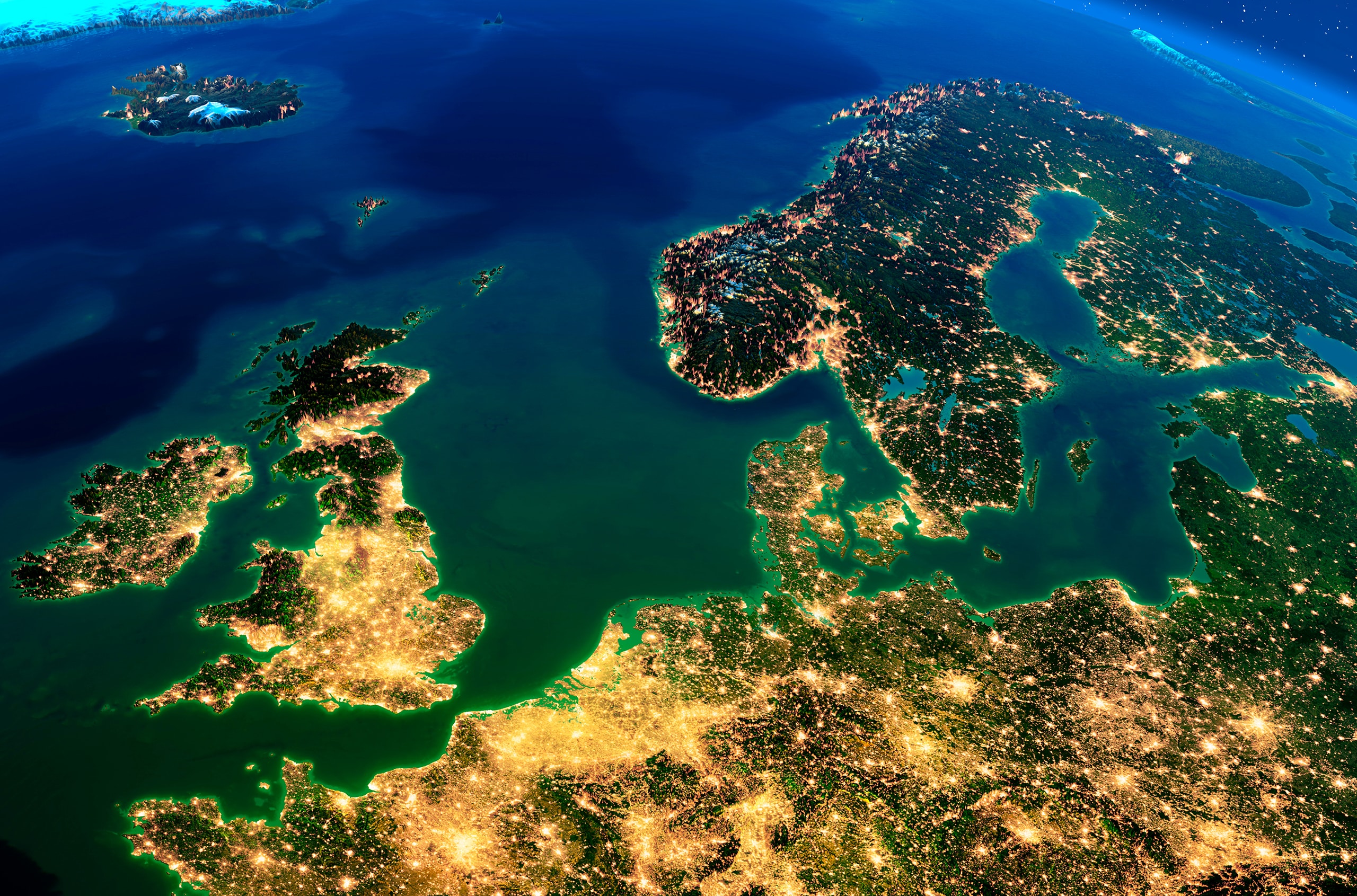
The conference focussed on the hydrogen transition of the industry and energy sectors. Bringing together the brightest leaders to make North-West Europe the frontrunner of the European hydrogen market.
Get a taste of a Management Producties event!
We are counting down until December 14th, when we will share knowledge and make connections. We hope to see you there!
0
Days
0
Hours
0
Minutes
0
Seconds
Hydrogen has emerged as the premier energy choice across Europe. As the continent pivots towards maximising its production and applications, the North-West European region stands as a fertile ground for vast renewable energy generation. Within this region lie the powerhouse nations of Norway, Denmark, Germany, the Netherlands, Belgium, and the United Kingdom, hosting cutting-edge energy, manufacturing, and chemical industries.
The opportunity for lucrative exploitation gleams brightly. Yet, it requires bold action within a challenging economic and political landscape. Can we summon the courage to transform the North Sea into Europe’s paramount ‘energy reservoir’ to meet our climate goals? This demands innovative leaders who dare to stand tall, step ahead, and pioneer change.
Uniting these forward-thinking leaders is crucial. It enables sectors to synchronise their timelines, infrastructure, and future aspirations, fostering a collective reaping of the maximum benefits from their investments.
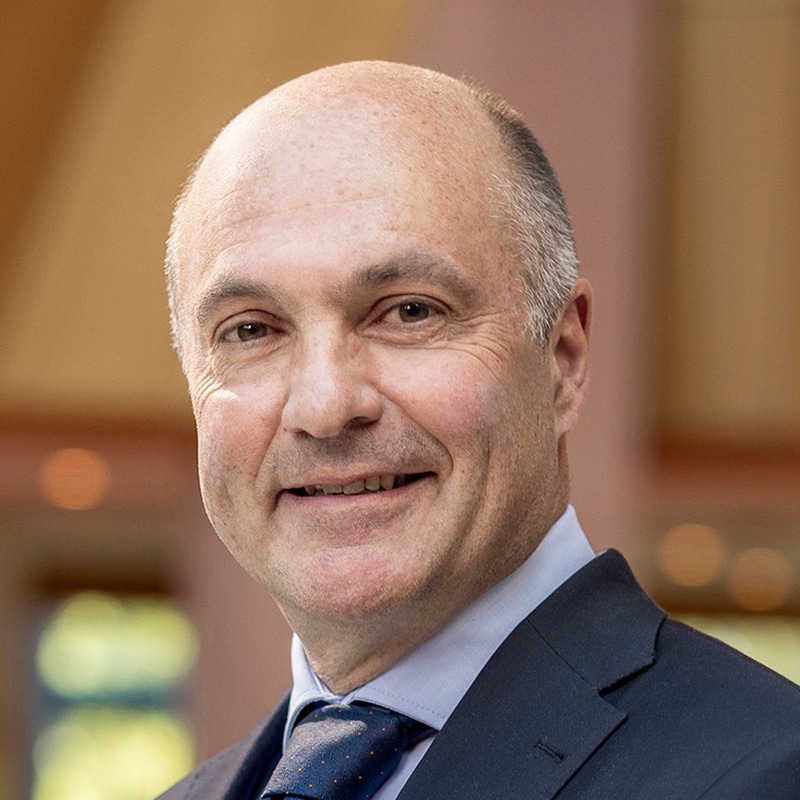
Hans Coenen
Member of the Executive Board
Gasunie
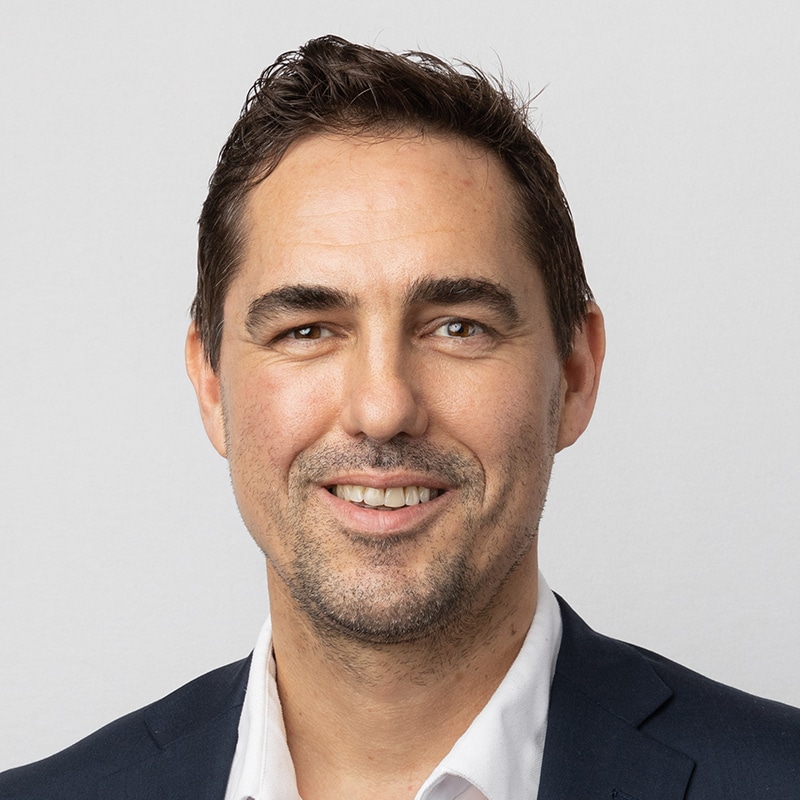
Vegard Frihammer
Chairman of the Board
Norwegian Hydrogen Association
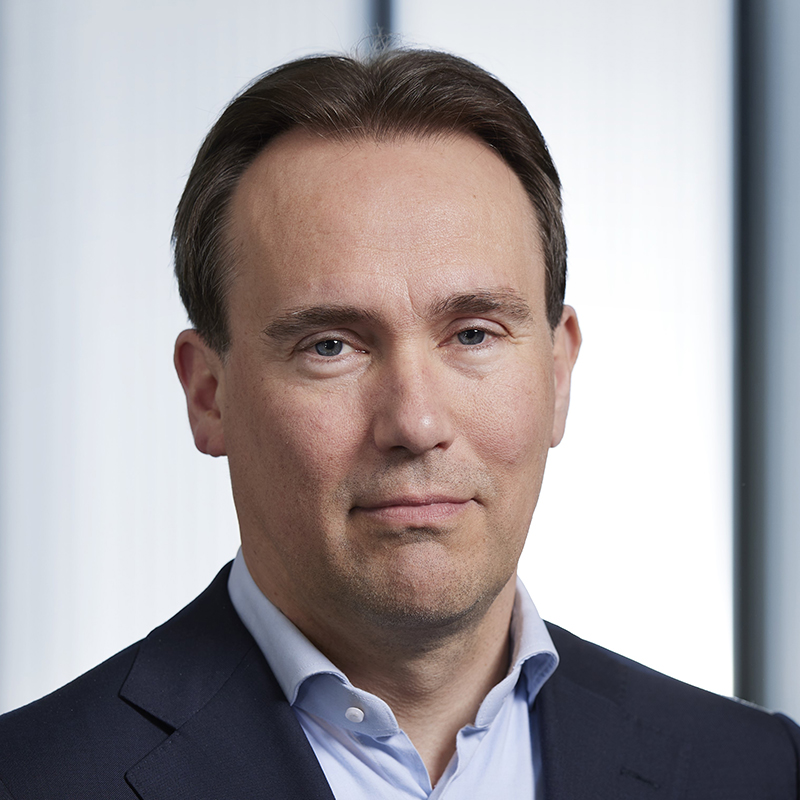
Albert Kassies
Director New Energy
Tata Steel
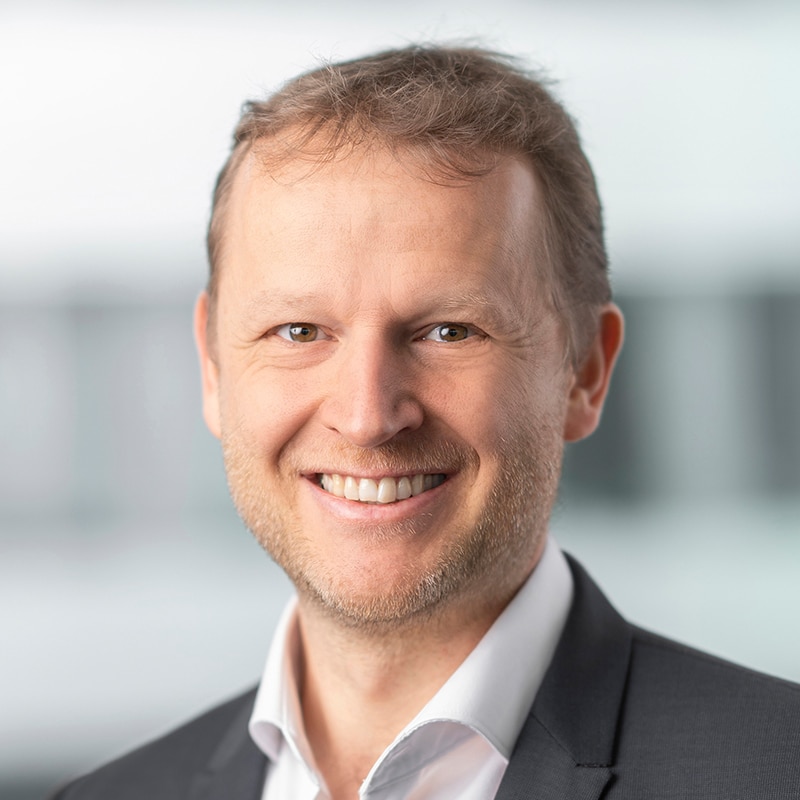
Florian Sayer
Head of Energy
Fraunhofer Institute (IFAM)
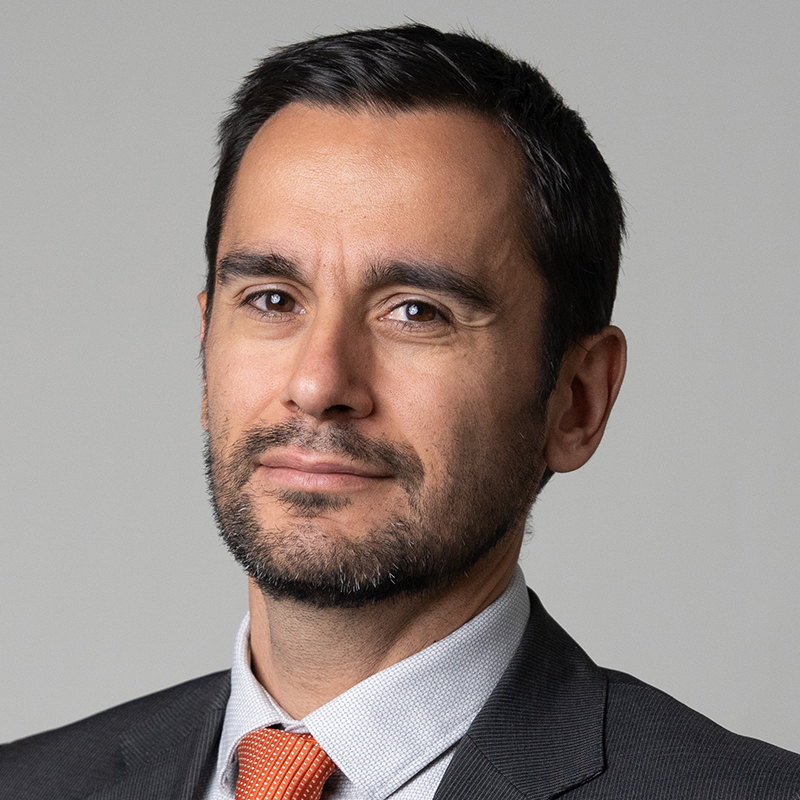
Joop Hazenberg
Secretary General
Zero Emissions Platform
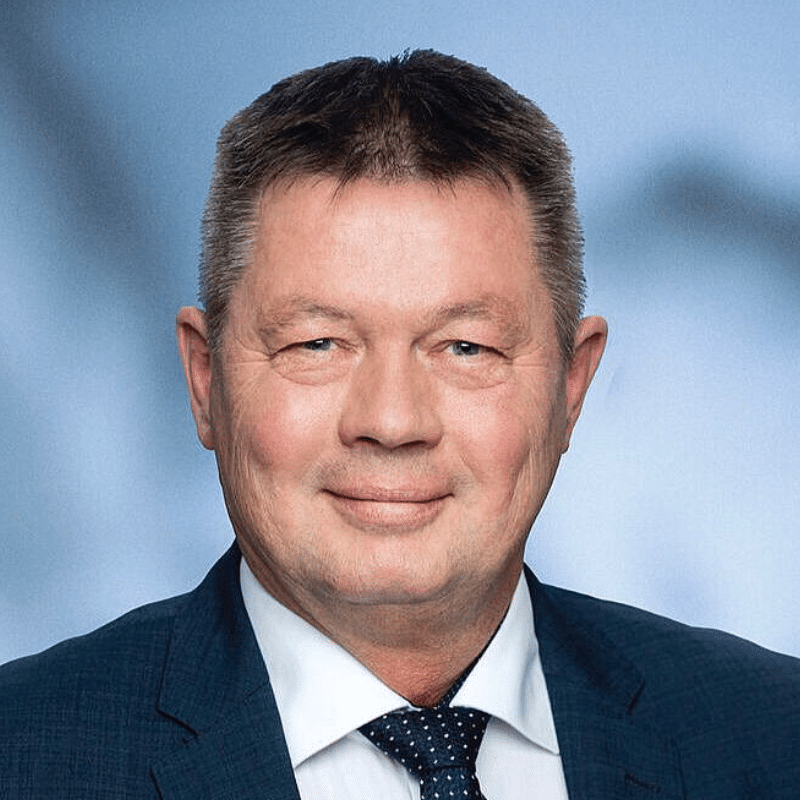
Preben Friis-Hauge
Vice-President
North Sea Commission
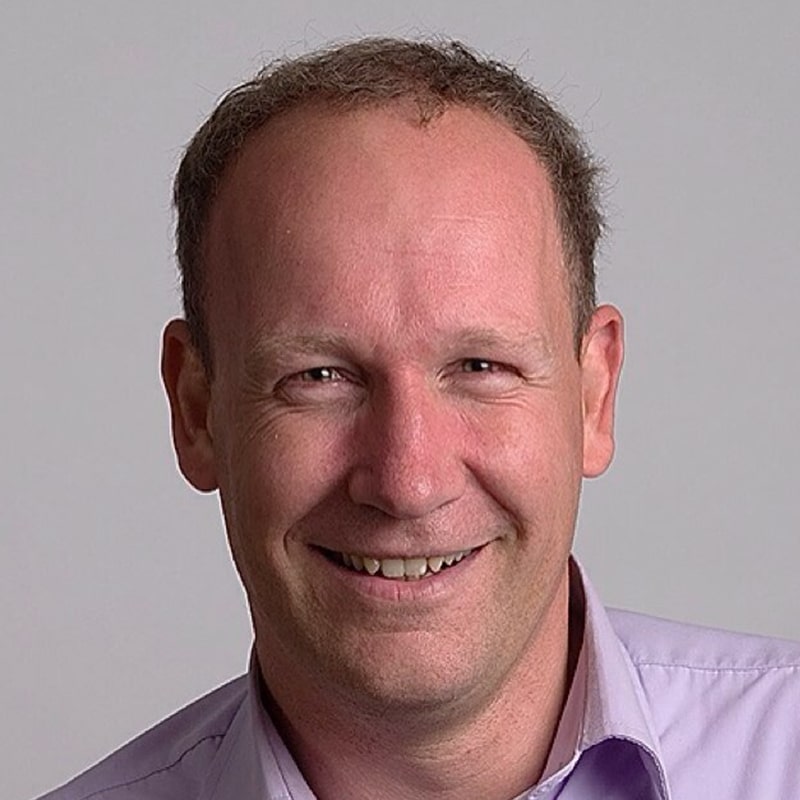
Rene Peters
Director Gas Technology
TNO
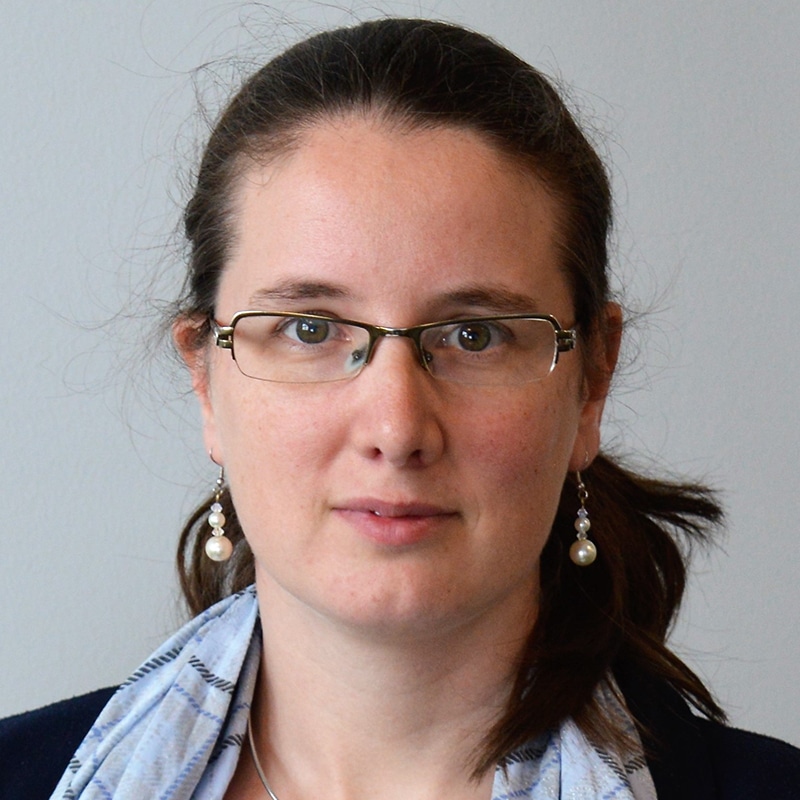
An Stroobandt
Deputy-Chief of Cabinet
Ministry of Energy Belgium

Magnolia Tovar
Global Director Zero-Carbon Fuels
Clean Air Task Force
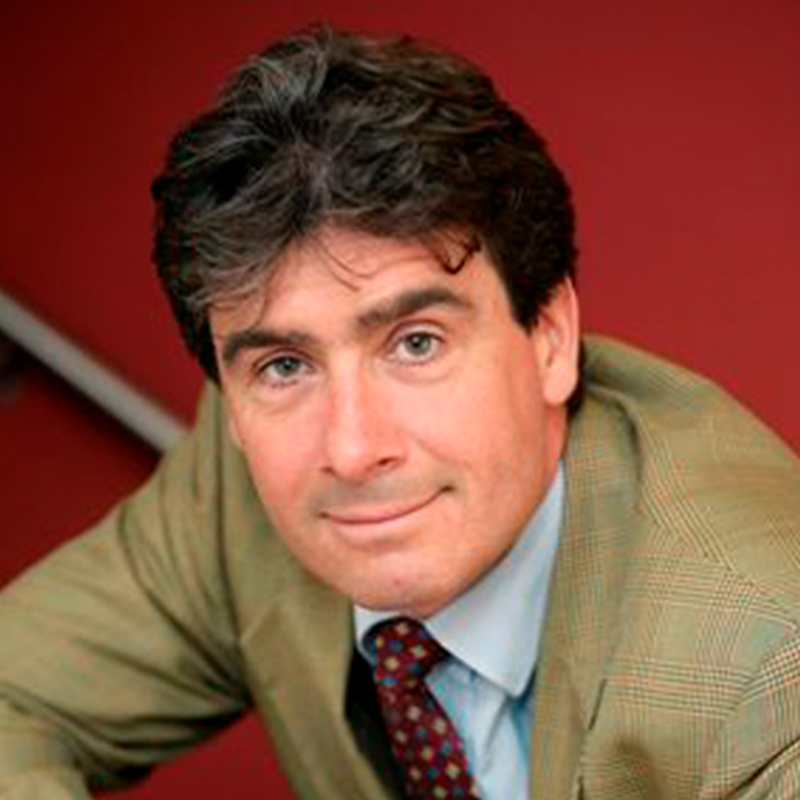
Bas Pulles
Project Director Delta Rhine Corridor
Ministry of Economic Affairs & Climate
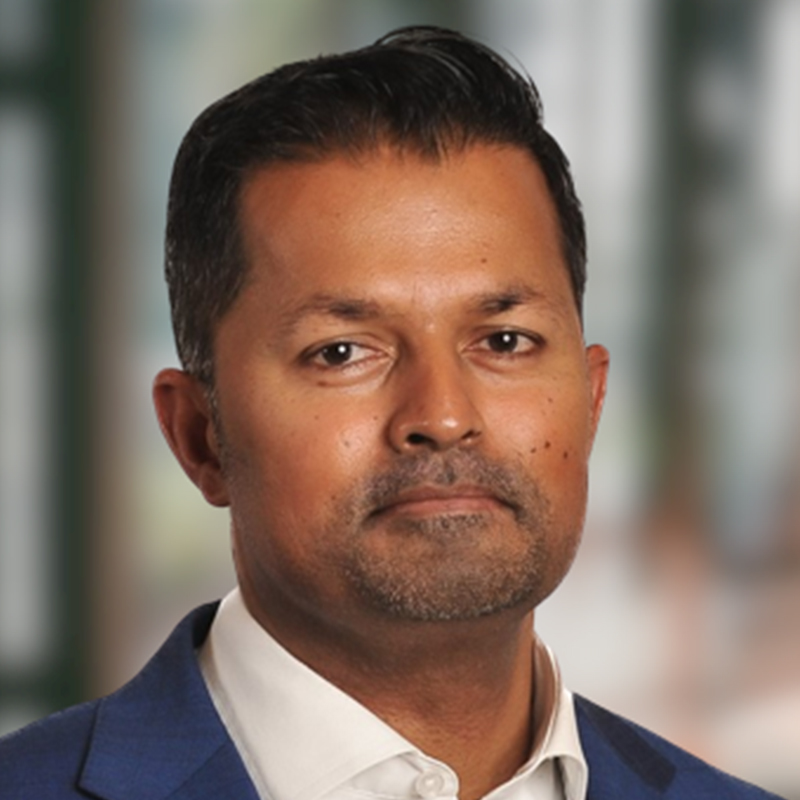
Prajeev Rasiah
Executive VP & Regional Director Energy Systems – Northern Europe
DNV
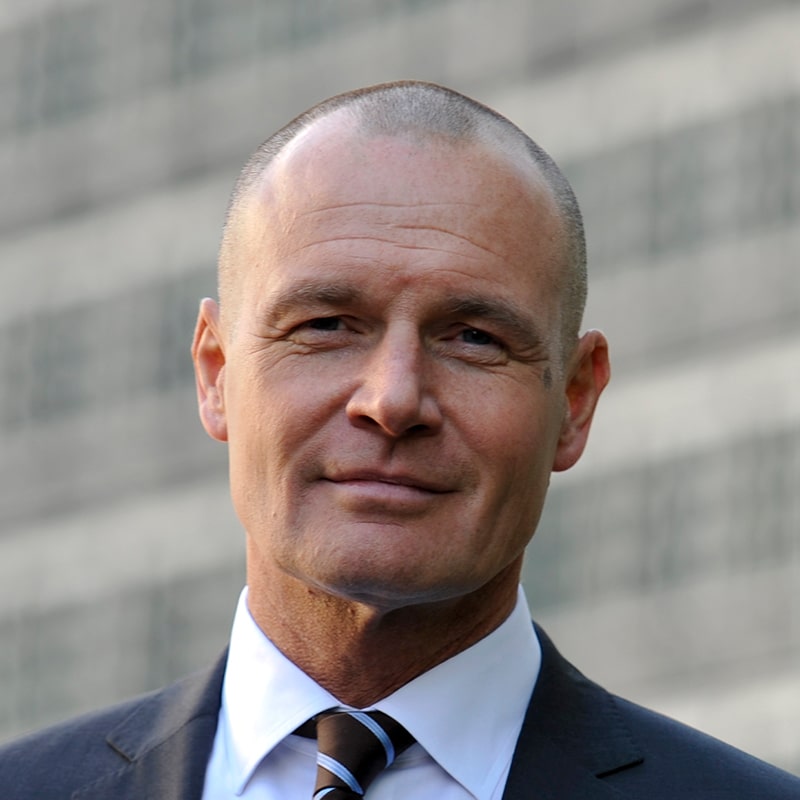
Per Olof Granström
Owner
Energy Climate Solution
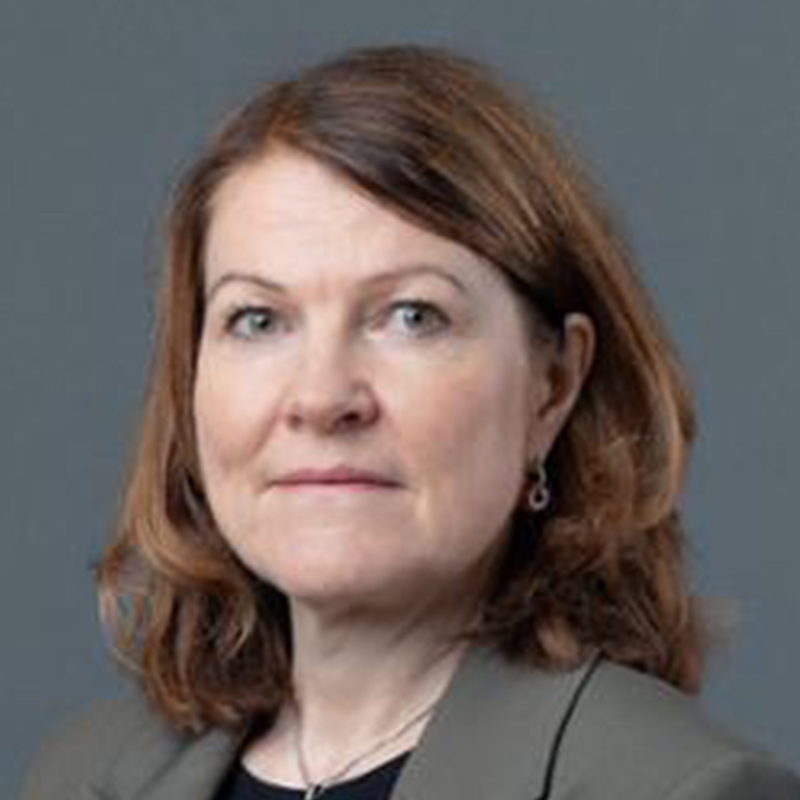
Vibeke Rasmussen
SVP Product Management & Certification
Yara International
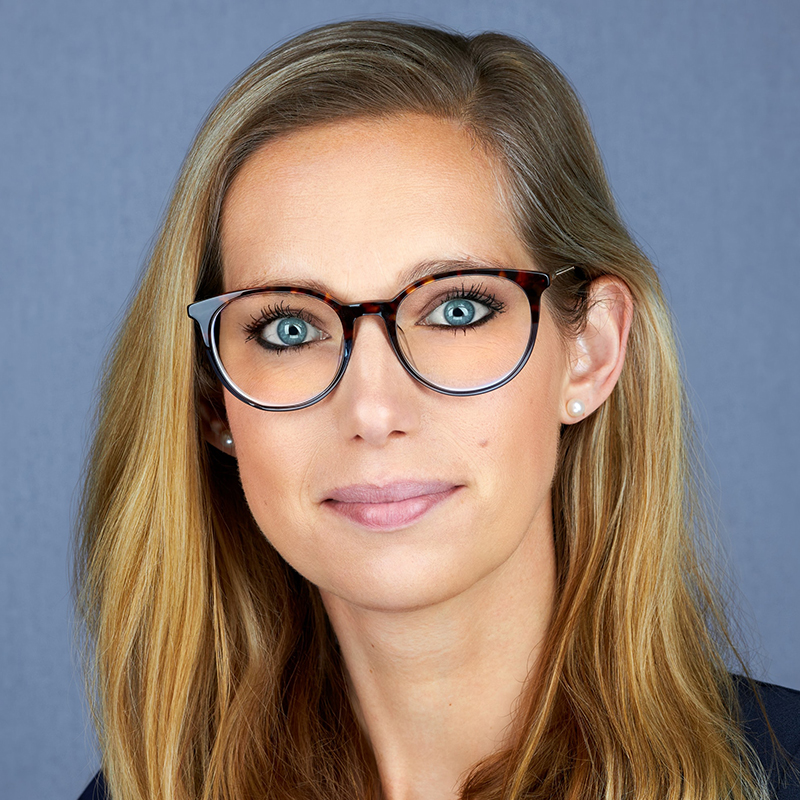
Dyonne Rietveld
Country Chair
Uniper
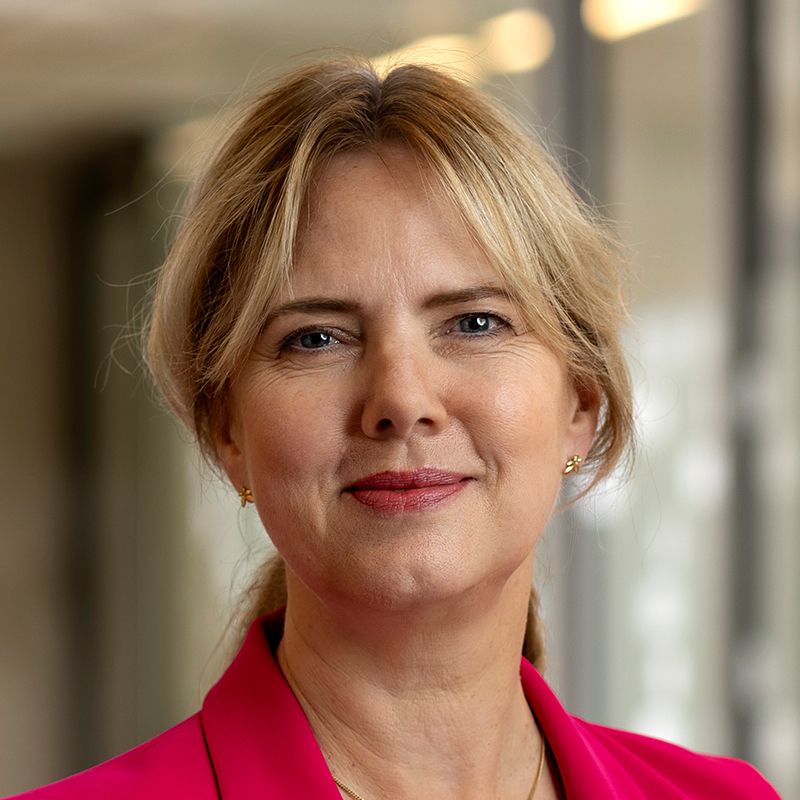
Cora van Nieuwenhuizen
Chairwoman
Energie Nederland
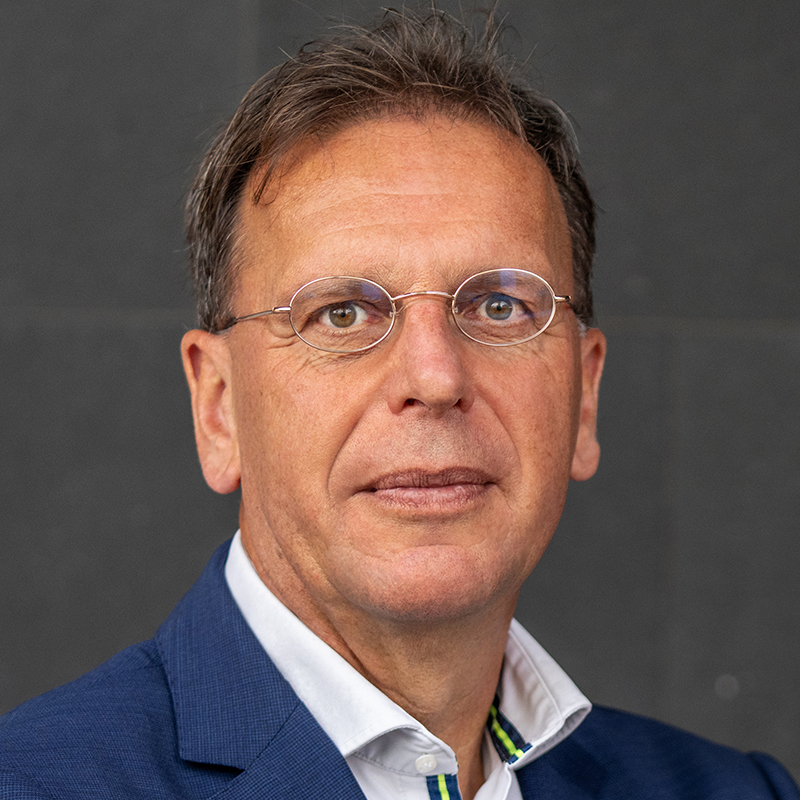
Jeroen Steens
Director Commercial Delivery
Port of Rotterdam
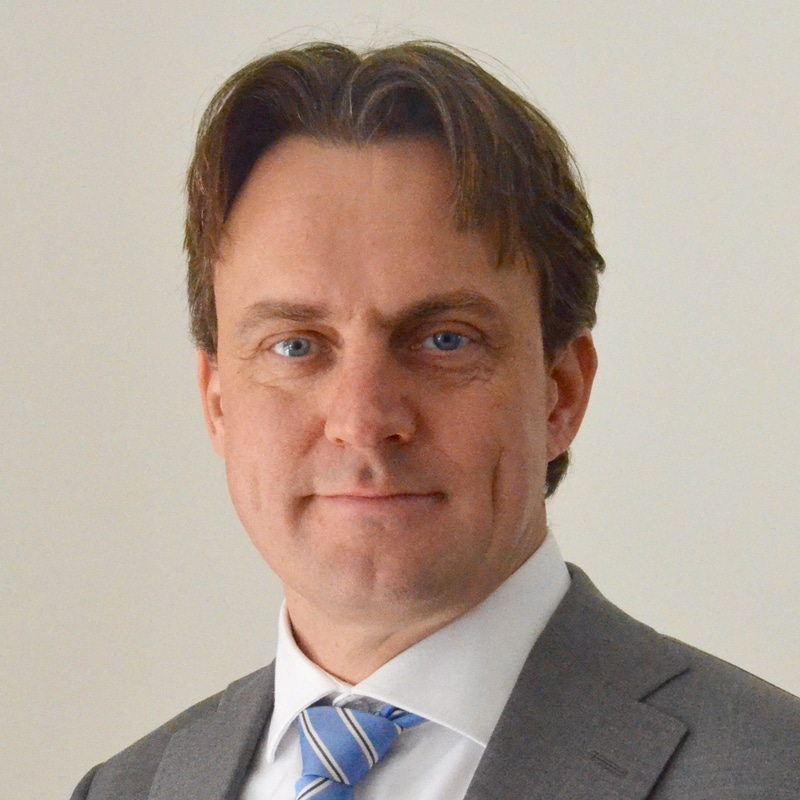
Marcel van de Kar
Global Director New Energies
Royal Vopak

Alastair Smith
Senior Consultant Climate and Sustainability
S&P Global
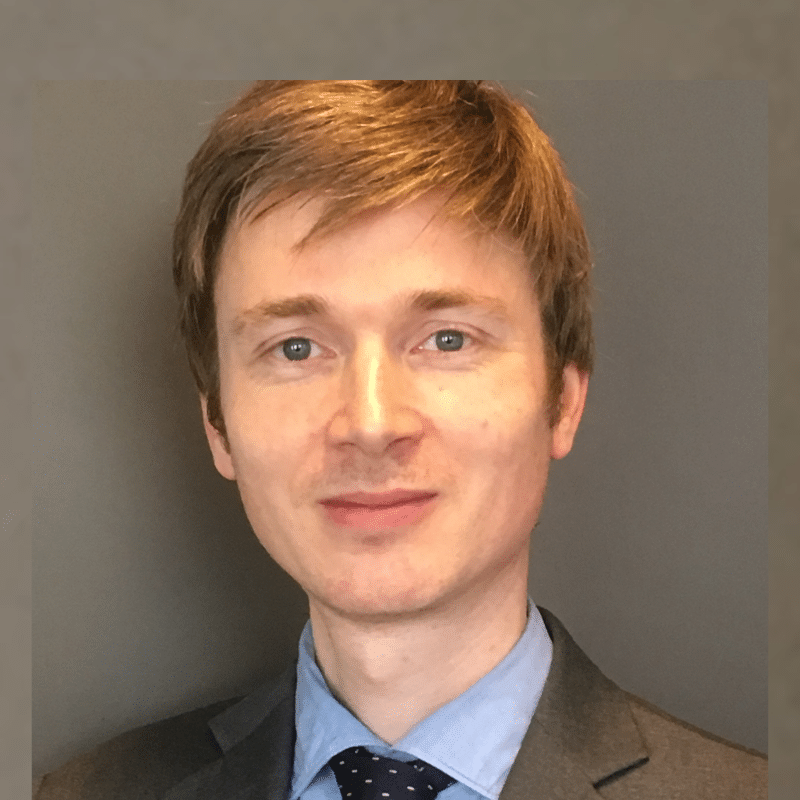
Herbert Krajenbrink
Head of Unit Hydrogen
Ministry of Economic Affairs and Climate, Netherlands
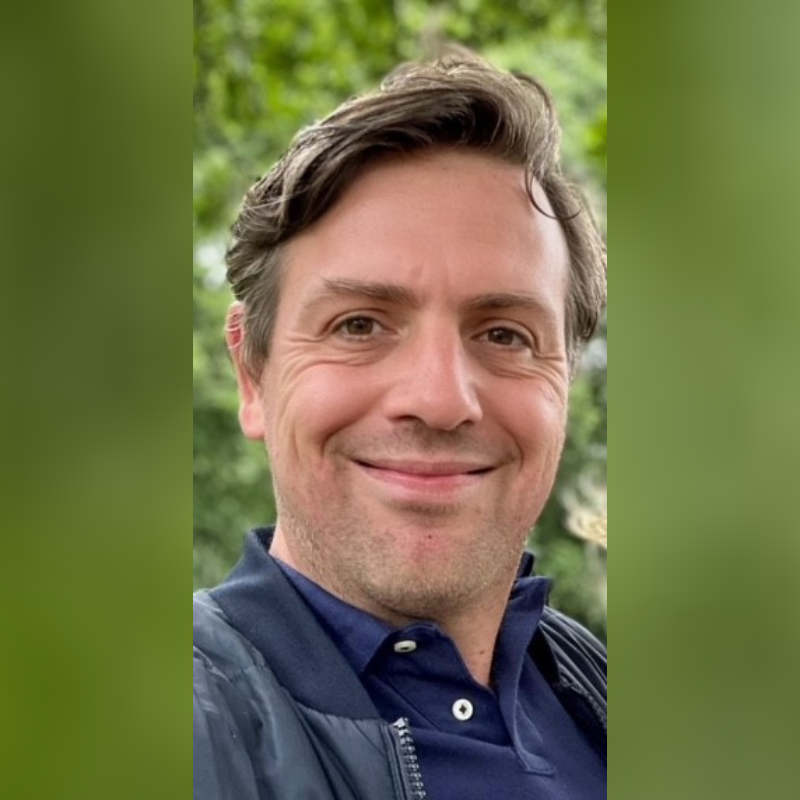
Daniel Mes
Cabinet Member to Commissioner Wopke Hoekstra
European Commission
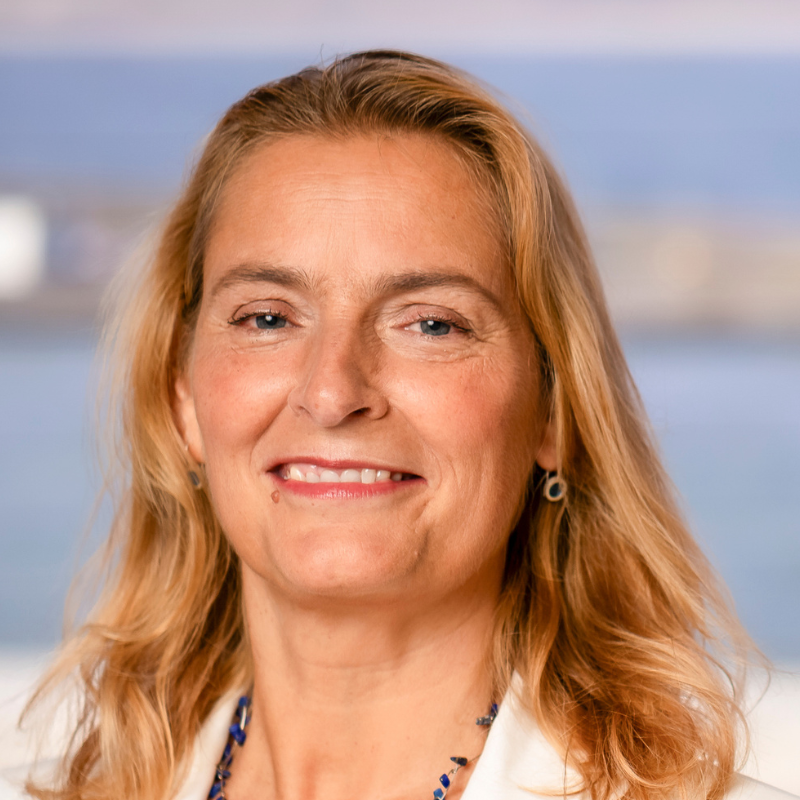
Jeannette Baljeu
Deputy
Province of Zuid-Holland
See the outlines of the programme of the upcoming edition below.
Moderated by Per-Olof Granström, CEO, Energy Climate Solutions and Former Secretary General for the Zero Emisions Platform
Opening speech on the European Energy Transition, Jeannette Baljeu, Deputy, Province of Zuid-Holland
In light of the recent Oostende agreement and the establishment of the NSEC, European nations convened to declare ambitious renewable energy generation targets within the North Sea region. Today, we extend an invitation to translate these aspirations into actionable strategies, engaging in discourse on the optimal pathways to attain these objectives. Moreover, we seek to explore how governmental support can enable and enhance your contributions towards these shared goals.
Despite their collaborative efforts, discrepancies persist in national regulations concerning hydrogen, renewable energy, and CCS. How might these administrations refine their legislative frameworks to facilitate seamless cross-border operations and the integration of value chains?
This discussion aims to pave the way for streamlined cooperation and collective progress, with:
- An Stroobandt, Deputy-Chief of Cabinet, Ministry of Energy (BE)
- Daniel Mes, Cabinet Member to Commissioner Wopke Hoekstra, European Commission
- Herben Krajenbrink, Head of Unit Hydrogen, Ministry of Economic Affairs and Climate, Netherlands
The primary objective driving the hydrogen transition in Europe is the reduction of CO2 emissions. However, our current capacity doesn’t solely allow for a swift switch to green hydrogen. Certain industries still lack the capability to completely cut down production emissions. Here, Carbon Capture and Storage (CCS) and Carbon Capture and Utilisation (CCU) emerge as solutions catering to these sectors’ needs.
This discussion will delve into the industrial economics surrounding the shift towards hydrogen. We’ll explore the timing, beneficiaries, and viable locations for CCUS implementation. This includes transforming traditional energy platforms to mitigate emissions and their role within the hydrogen supply chain. Additionally, we’ll dissect the significance of blue hydrogen within the energy ecosystem.
With these strategic tools in hand, Europe is poised to lead as the inaugural carbon-neutral continent!
- Albert Kassies, Director New Energy, Tata Steel
- Vibeke Rasmussen, SVP Product Management and Certification Clean Ammonia, Yara
This discussion centres on the necessity for synchronized movement across the entire value chain in facilitating a successful transition. Panel experts deliberate on the optimal reach of supportive policies to align all components within the supply chain. They focus on advancing towards blue and ultimately green hydrogen, breaking existing cycles and hindering progress.
Scaling within these chains requires multifaceted considerations. Questions arise: Is storage the linchpin for success or a costly prerequisite? Should industry growth be modular, accommodating technological advancements, or does the advantage lie in custom-designed facilities?
Infrastructure forms the bedrock of a hydrogen economy and hybrid energy system. However, challenges loom concerning electricity capacity and the lack of established hydrogen pipelines. Addressing these issues demands interconnection between facilities and industrial clusters, ensuring scalability, security, and widespread usage of hydrogen.
Panel with:
- Dyonne Rietveld, Country Chair, Uniper SE
- Marcel van de Kar, Senior Vice President Hydrogen, Vopak New Energies & LNG
- Hans Coenen, Member Executive Board, Gasunie
- Jeroen Steens, Director Commercial Delivery in charge of Hydrogen, Port of Rotterdam
Building on the discussion, we extend an invitation to economic experts from various regional institutes and consultancies. They aim to engage in a debate on the primary obstacles and advantages associated with coordination efforts, seeking to identify those that can be overcome through this collaboration.
Central to this endeavour is establishing a unified timeline. These experts will explore market development dynamics and envisage various scenarios, providing a comprehensive timeframe for strategic investments in tandem with industry advancements. This alignment aims to optimise investment opportunities in the evolving landscape.
Expert discussion with:
- Alastair Smith, Senior Consultant, Climate and Sustainability, S&P Global
- Florian Sayer, Head of Energy, Fraunhofer Institute
- Prajeev Rasiah, Executive Vice President & Regional Director Energy Systems North Europe, DNV
- Rene Peters, Director Gas Technology, TNO
It’s time for you to step into a leadership role and collaborate with peers. Split into five focused groups, you’ll dive into discussions about your operational challenges and triumphs. Through these exchanges, the goal is to unearth fresh opportunities for collaboration and synchronize project initiatives with fellow participants, all guided by a seasoned expert in the respective field. The groups cover a wide range of subjects, spanning from infrastructure to the pursuit of climate goals.
A: Infrastructure
Moderated by: Cora van Nieuwenhuizen, Chair of Energie-Nederland and former Minister of Infrastructure and Water Management, Dutch Government
B: Spatial planning and environmental policy
Moderated by: Preben Friis-Hauge, Vice President, North Sea Commission and Vice President, KIMO International
C: CCS & blue hydrogen
Moderated by: Joop Hazenberg, Secretary General, Zero Emissions Platform
D: Production technologies
Moderated by: Rene Peters, Director Gas Technology, TNO
It’s time for you to step into a leadership role and collaborate with peers. Split into five focused groups, you’ll dive into discussions about your operational challenges and triumphs. Through these exchanges, the goal is to unearth fresh opportunities for collaborations and synchronize project initiatives with fellow participants, all guided by a seasoned expert in the respective field. The groups span a broad spectrum of subjects, spanning from infrastructure to the pursuit of climate goals.
A: Long-distance industrial relations, hydrogen corridors across the North Sea
Moderated by: Vegard Frihammer, Chairman of the Board, Norwegian Hydrogen Association and CEO/Founder Greenstat ASA
B: Cross-border onshore infrastructure
Moderated by: Bas Pulles, Project Director Delta-Rhine Corridor, Ministry of Economic Affairs and Climate (NL)
C: Channel crossing corridor and energy islands (Netherlands/Belgium <-> UK)
Moderated by: An Stroobandt, Deputy-Chief of Cabinet, Ministry of Energy (BE)
D: Hydrogen Imports & North West Europe
Moderated by: Magnolia Tovar, Global Director Zero-Carbon Fuels, Clean Air Task Force
Amidst today’s dynamic landscape, prioritizing sustainable energy solutions, it’s imperative to acknowledge and applaud the pioneers and creators propelling the hydrogen revolution. Often dubbed the clean energy of tomorrow, hydrogen holds immense potential to transform our energy terrain and combat climate change. Tonight, we celebrate not just the advancement of this transformative technology, but also the individuals championing change and assuming leadership roles in driving this crucial transition.
A panel of comprising hydrogen organizations from various nations will collaborate to honour exceptional initiatives and key figures driving the transition.
Chaired by Alice Krekt, director HydrogenNL
3 awards, 12 nominees – who will win?
FRONTRUNNER AWARD
Norway: Norwegian Hydrogen AS
Denmark: Knud Erik Andersen, CEO, European Energy
Germany: Elektrolyse Mitteldeutschland GmbH (EMG)
Netherlands: Rob Castien, CEO, Resato Hydrogen Technology
NETWORKER AWARD
Norway: André Risholm, CEO Amon Maritime
Denmark: The ‘German-Danish Offtake Declaration on Green Hydrogen
Germany: H2vorOrt
Netherlands: Ulco Vermeulen, special advisor to the Executive Board of Gasunie
PROJECT AWARD
Germany: GET H2 Nukleus
Netherlands: HyTrucks, Air Liquide
Norway – Kollsnes 1, ZEG Power
Denmark: European Energys e-methanol facility in Kassø

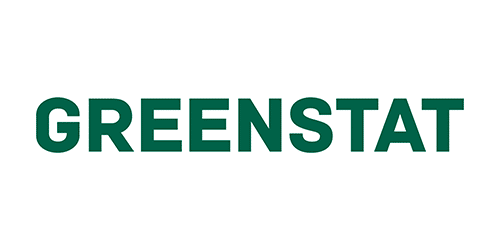
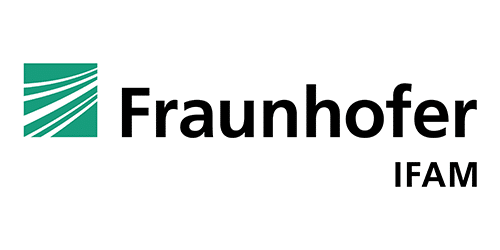
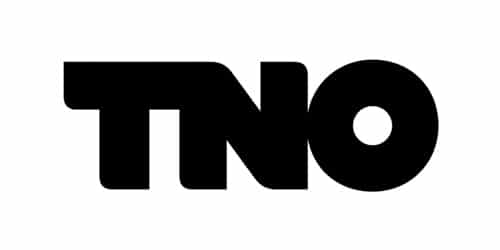

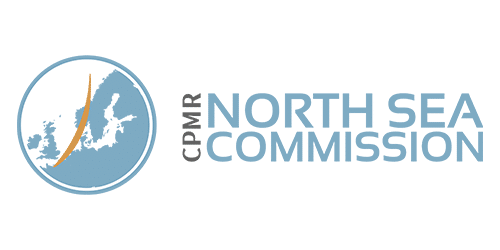

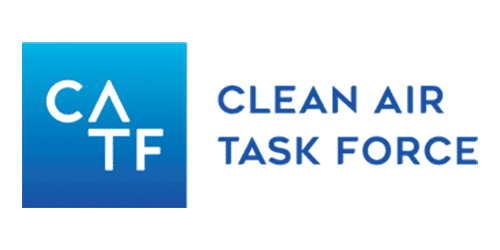
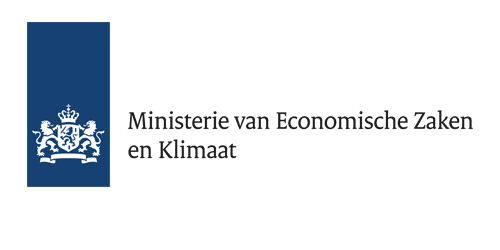
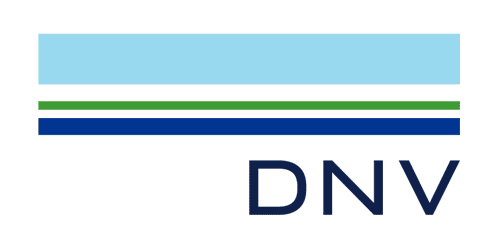
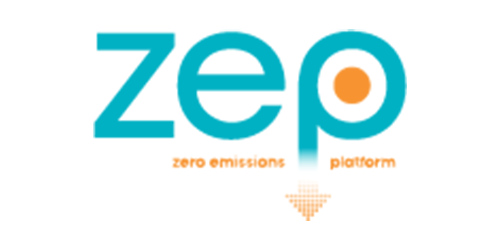
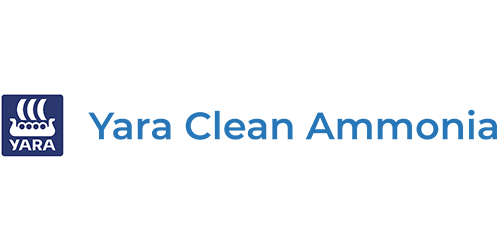


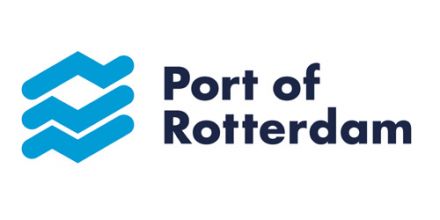

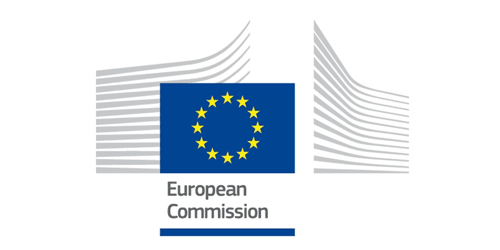
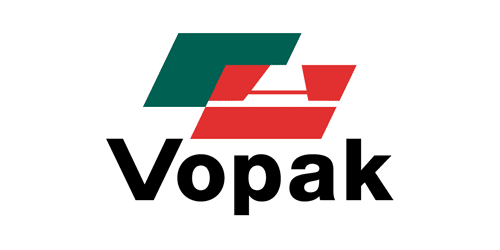










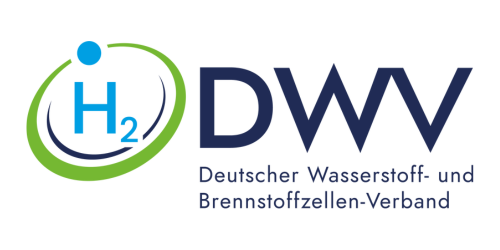
This is in one of the most beautiful locations in Rotterdam with a view of the Maas and the Erasmus Bridge. You are welcome for this beautiful historical building VNAB.
Address: Boompjes/Terwenakker
3011XS ROTTERDAM
Parking De Boompjes (Terwenakker 18)
The event will bring together roughly 100 directors, senior managers, and policy makers from the energy and industry sectors, as well as ports, TSO’s, and consultants. Accompanying the main group, there certainly will be research institutes, financial actors, and other interested parties with a stake in the region and/or the transition.
Participating companies from the last iteration included:
AAB, Accenture, AECOM Netherlands, Air Liquide, Air Products, allesoverwaterstof.nl, Antea Group, ArcelorMittal Group, Avecom, Baker Hughes, BAS.F, Batenburg Installatietechniek, Berenschot, Bluebird Consultant, Bona iDea Advisory, Bosal, Bosch Rexroth, Bronkhorst High-Tech B.V., Brunei Shell, Bureau Veritas, CEFIC, CERI, Chemelot Campus, General-Consulate Antwerpen of the Kingdom of the Netherlands, Corbion, DAF Trucks NV, DCM EMBA, Deloitte, Deltalinqs, DEME Concessions NV, DEME Offshore, DNV GL, Dow Benelux, Dredging International NV, EBN, Ecotradex GmbH, E-Group a.s., Enduris, Eneco, Eneco Wind Belgium, Energeia, ENGIE, ENGIE CC, ENGIE Electrabel, EOLY , Eon energy Projects, ERAC Innovation, E-Trucks Europe, European Commission, Evides Industriewater, EvoBus Nederland BV, ExxonMobil, Flanders Investment & Trade, Flow Meter Group International, Flow Meter Group International, Fluvius, Fluvius System Operator CVBA, Flying Fish Maritime Innovations, Gasunie, Gate Terminal, Municipality of Amsterdam, Municipality of Rotterdam, Greenspread, Groningen Seaports, H. Essers, Heerema Marine Contractors, Heylen Warehouses, University of Applied Sciences Rotterdam, Huisman Equipment, Hunter Douglas Europe, Hydrasun, Hystream, Hyundai Motor Netherlands, Iemants, IHI Hauzer Techno Coating, IMC, Imperial College London, InnoEnergy, Iv-Industrie, Jan De Nul group, JFCC, John Laing, KH Engineering, Knaap Tankstation, Linde Gas, Louwman & Parqui, Lucifer GCV, MarFlex Europe, MEvL – Future Energy Learning & Consultancy, Ministry of Internal Affairs and Kingdom Relations (NL), Ministry of Economic Affairs and Climate Policy (NL), NautaDutilh, Nav-Tech, Nel Hydrogen, Neptune Energy Netherlands, Netherlands Aerospace Centre, NIBC Bank, Nouryon, NRC Media, NV Bekaert SA, NV Vinçotte SA, Offshore Independents Personnel, Oiltanking Europe, East Netherlands Development Agency, Oranje-Nassau Energy, ORTEC, Otary RS NV, Petersburg Consultants | WSP, PMF Pressure Equipment, PMV, Port of Amsterdam, Port of Antwerp, Port of Duisburg, Port of Roenne, Port of Rotterdam, Pro6com BV, Province South-Holland, Purac Biochem, Rivermaas, Rosier SA, Rotterdam Mainport Institute, Royal Boskalis Westminster, RWE Generation SE, Saint Gobain Construction Products Belgium, SBM Offshore, SEA-invest, Shell, Shell Hydrogen, Shell New Fuels, Shell Switzerland AG, Siemens NV, Soltegro, Solvay, SPDG, Statkraft Markets, SUEZ Deutschland GmbH, Tata Steel, Tauw, Tech Tour, Teijin Aramid, TenneT, The Clean Technologies Design Desk, Thomas More, thyssenKrupp Steel Europe AG, TNO, Toyota Motor Europe, Toyota Tshusho Europe, Tradinco Instruments, TU Delft, TWI Ltd., Uniper Benelux, University of Antwerpen, UNO-X, Valve World, Van der Spek Vianen , Van Hool, Van Oord Offshore, Vattenfall, Vattenfall Vindkraft A/S, VDL Group, Viessmann Belgium, VIL, Visser & Smit Hanab, Flemish Energy Agency, Vopak Netherlands, Westfalen BV – SRL, Wienerberger NV, Witteveen + Bos, Wystrach GmbH, Yokogawa Europe BV, Yokogawa Europe Solutions
Registration fee
conference day: Hydrogen Leadership Forum
The participation fee is €649,- (excl. VAT*) per person for the conference on the 14th of December. This includes lunch, refreshments and documentation.
evening: Hydrogen Leadership Award and informal dinner
Tickets can be bought at €149,-(excl. VAT*) per person. Start 16.15wwith awards and including dinner and drinks.
combination ticket: Conference, Awards and Dinner
Buy a combination ticket and save money. The participation fee is €749,- (excl. VAT*) per person. This includes dinner and conference, lunch, refreshments and documentation on the 14th.
Prefer multiple tickets for your company and contacts for the Hydrogen Leadership Awards? Or do you want to join as partner? Please contact Alain Meijer by email or call +31 10 313 09 60.
Should you be unable to attend the conference yourself, a substitute delegate is welcome at no extra charge. Cancellations must be received in writing at least 3 weeks before the start of the event. The company regrets that no refund will be made available for cancellation notifications received less than 3 weeks before the event.
